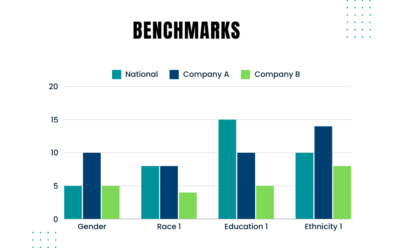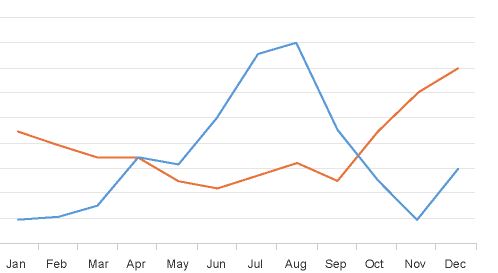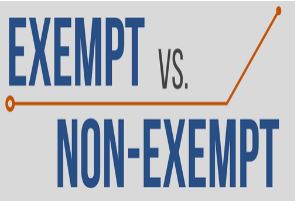Improving your Organization with FAST Goals
Goals have come to dominate our modern workplace. Goals are a way of breaking down business plans into smaller more manageable pieces. This enables an organization to accomplish some of the targets and plans that were specified during their planning cycle....
Legal Risks of Retaliation: How to Handle Employee Complaints Safely
When an employee brings forward a compliance concern, they’re engaging in what the law defines as protected activity. This might involve reporting a potential violation of hospice regulations, concerns about Medicare fraud, or even raising issues about unsafe working...
Pay Transparency: What Managers Need to Know
As a manager in hospice care, your role goes beyond overseeing patient care and managing staff. It includes ensuring that your team feels valued and fairly compensated. Pay transparency is becoming a hot topic, and understanding its implications can help you...
Elevate Your Hiring with Powerful Demographic Insights
Creating and using benchmarks to compare your company's hiring demographics against those used by government agencies like the EEOC (Equal Employment Opportunity Commission) is crucial. Benchmarking helps ensure that your company’s hiring practices are fair and...
How Artificial Intelligence is Transforming the Workforce
Artificial Intelligence (AI) is transforming the workplace. It offers immense potential for employers to enhance efficiency, decision-making, and overall performance. However, as AI is increasingly integrated into hiring decisions and other HR functions, employers...
Measuring and monitoring employee sentiment
How can your hospice organization find out what your employees are thinking? How do you know if your employees are satisfied? Dissatisfied? How do you know if employee satisfaction varies across different agencies in your organization? Do you have a systemic problem...
Leadership and Maslow’s Hierarchy of Needs
Maslow’s hierarchy of needs is a theory that can be used to provide leaders and organizations with guidance on how to motivate employees. But what is this hierarchy and what is Maslow’s theory? What is Maslow’s Hierarchy of Needs? Maslow developed his theory on the...
Why is inclusive leadership important?
Hospice agencies rely on the successful coordination of their teams to deliver quality care to their diverse customers and clients who have varying demands and needs. These teams are often highly diverse – with varying cultures, genders, and age ranges. But simply...
Can you deduct pay from a salaried exempt employee?
What is an exempt employee? Exempt workers are paid on a salaried basis. Salaried employees receive a prespecified amount of compensation each pay period. Their salary may not be reduced because of changes in the amount of work performed or because of changes in the...
Wonder about the difference between exempt and non-exempt employees?
The Fair Labor Standards Act (FLSA), enacted in 1938, has four major provisions: regulations for minimum wage, overtime pay, record keeping and child labor law. It also introduced standards for exempt and non-exempt employees. As it relates to the FLSA, exempt...










